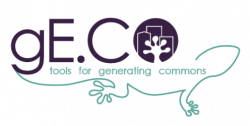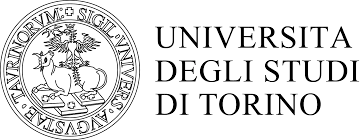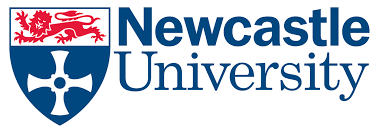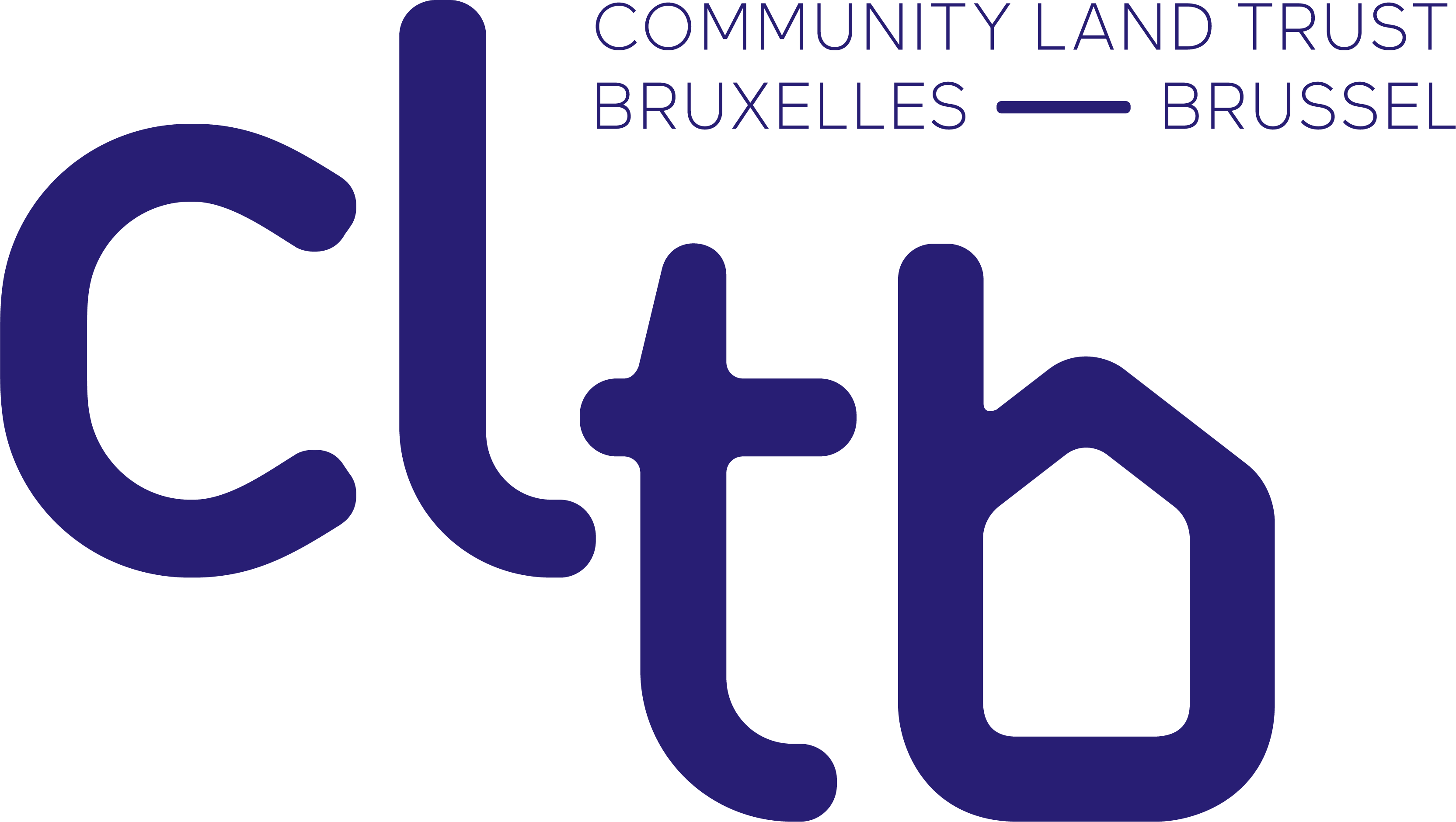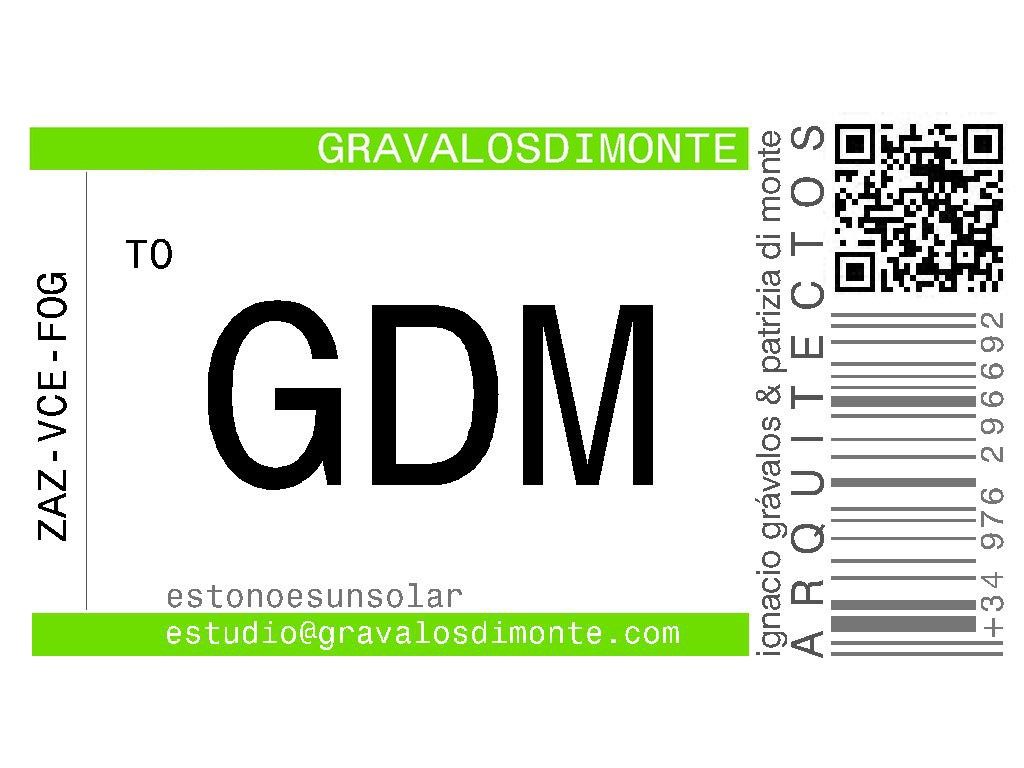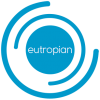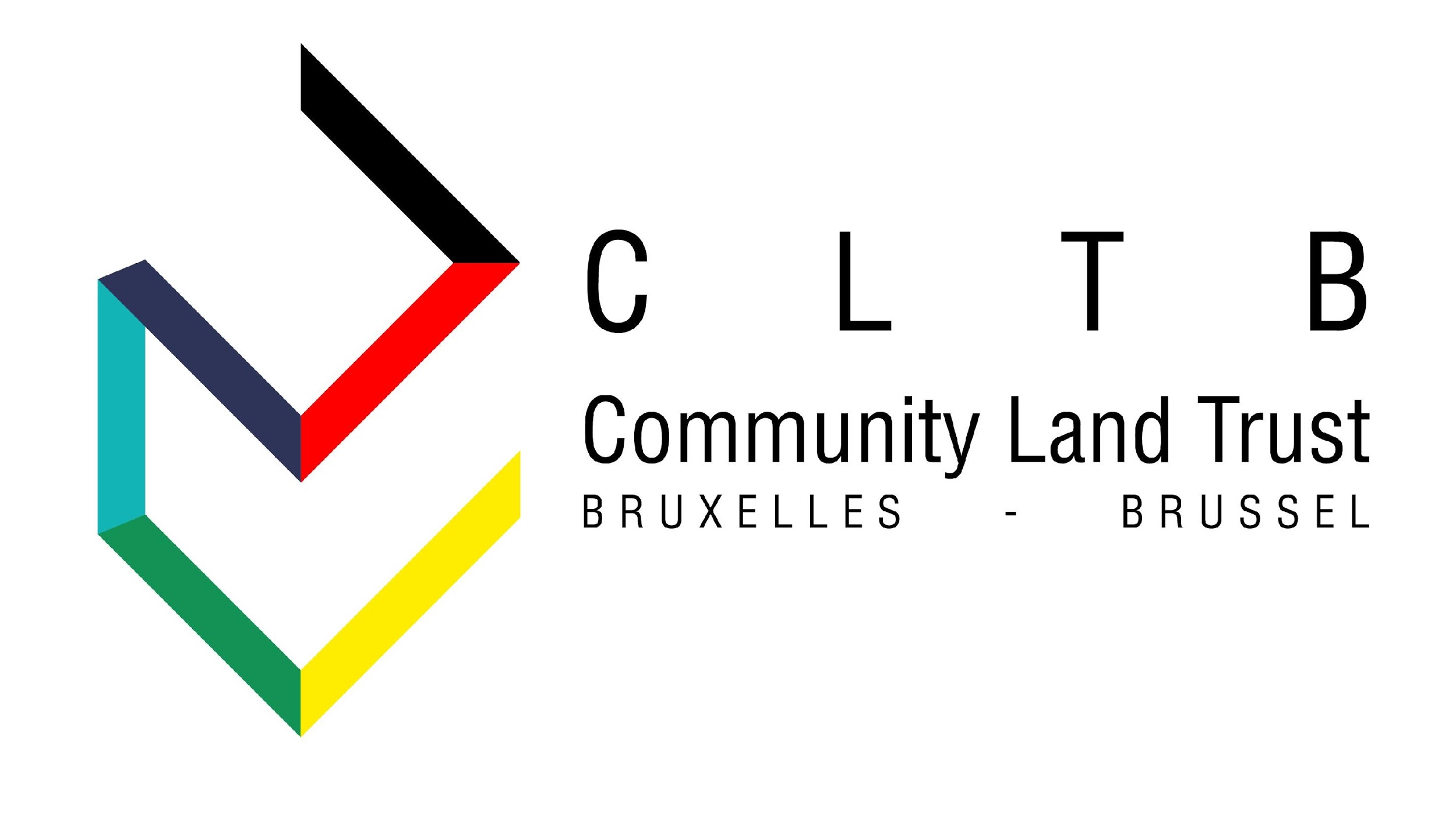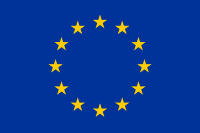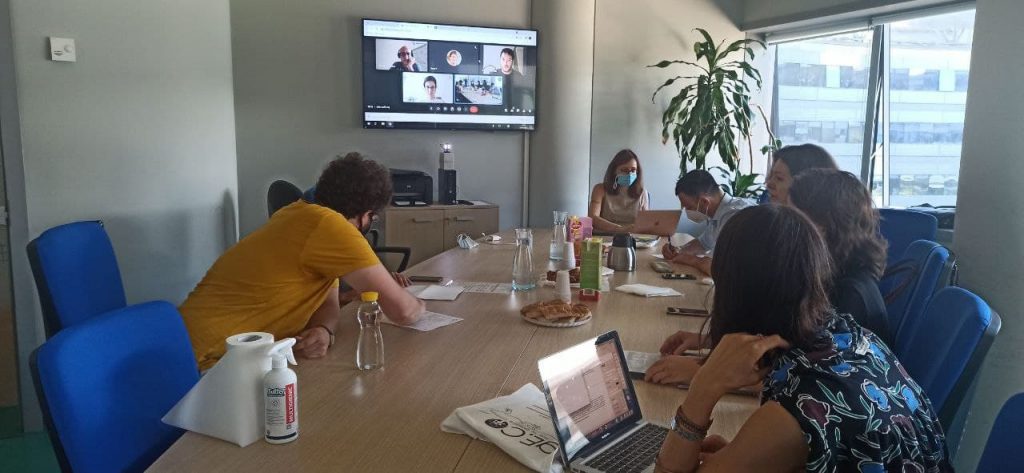
The excitement of the Generative Commons Living Lab partners were there for all to see as they discussed the new tools to be revealed later on this year.
Currently being compiled, the new set of tools will be released under the following headings:
The Temporary Reuse Toolkit
The T.U.T. will facilitate, both to Public Administrations and to citizens, flexible dynamics that will allow the activation of mechanisms to reincorporate disused spaces in a cycle of new useful life. For this, a methodology of “temporal sequencing” of the processes has been defined, divided into 6 blocks: Offer, Demand, Assignment, Financing, Implementation and Assessment). This methodology will allow to respond to the citizens demand through calls, implementing innovative models of cession of use as well as alternative forms of management.
The Participation Toolkit
A set of digital tools, everyday-life recommendations and methodological practices which can facilitate community building, collaboration, inclusivity and equal participation.
The material of this toolkit originates from our work with local commons communities and their kind contributions, tangible or more conceptual.
It’s based on values of openness, feminism, sharing & thoughtfulness.
The tools and practices herein can be used separately or combined and can help your initiative or community flourish and become a place of common-ing.
The Governance Toolkit
The Generative Governance Lab invites local municipalities and other institutional actors of the Brussels Capital Region to reflect around a more generative, plural and horizontal form of governance: one that recognises the multiplicity of community based and/or commons oriented initiatives emerged through the years and their contribution to the resilience of the city. Which actions could be taken, which tools or (infra)structures could be designed by local municipalities to support and empower the generativity of the common wealth in the Brussels Capital Region? As a context specific process, the GGL is meant to inspire further institutional experimentations.
